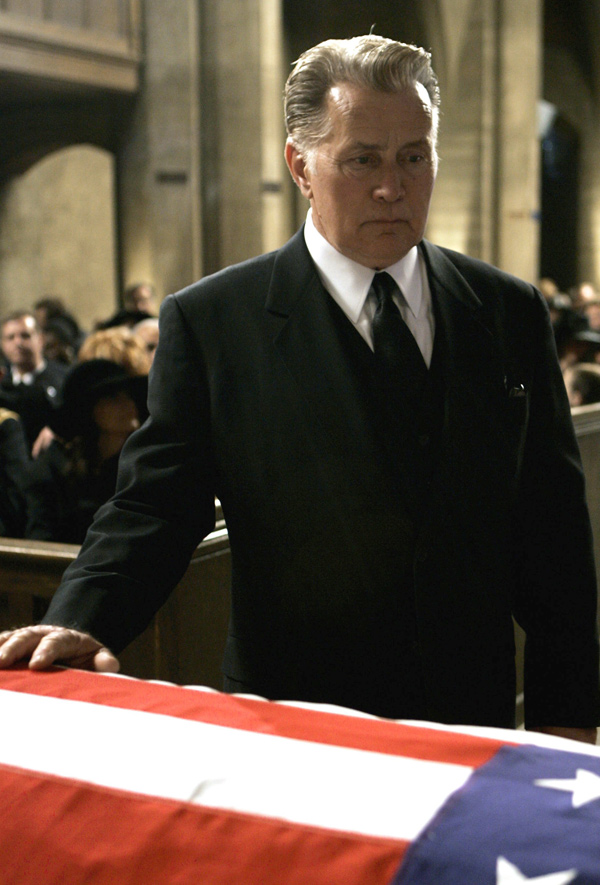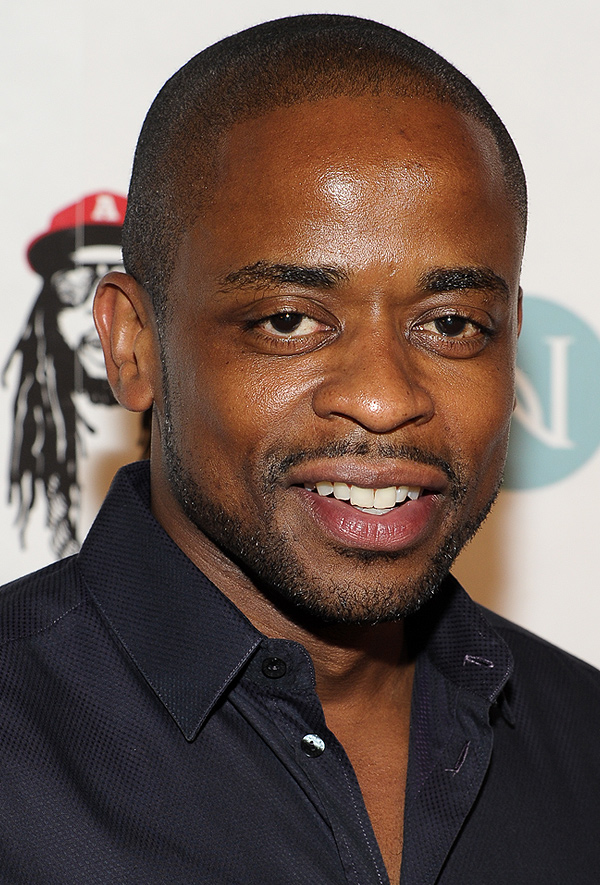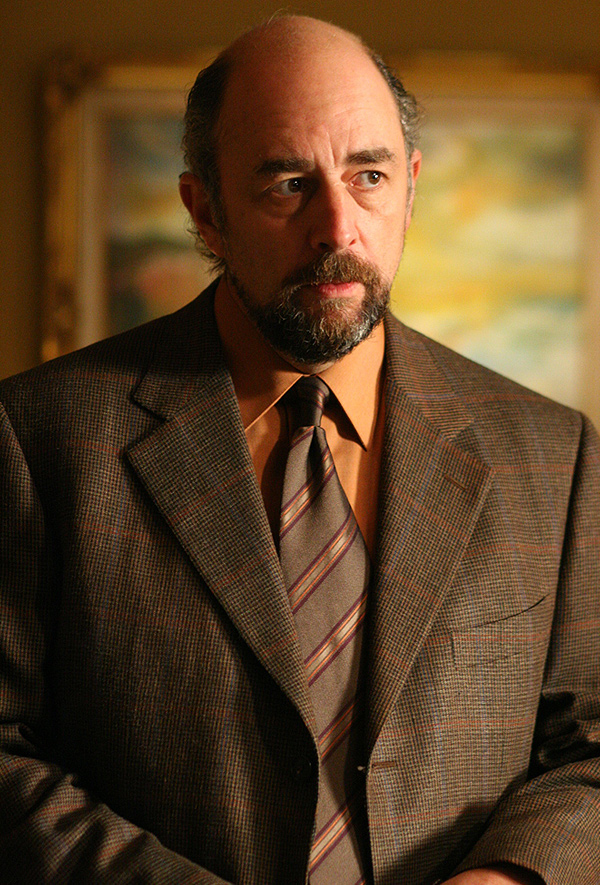Wells: We probably would've done one more year, which would've been the whole transition, but for John Spencer's sudden death at Christmas time. I don't know if the network would've picked us up for year eight or not, but after that we all looked at each other and said, "Maybe it's time to stop."
Whitford: I got a phone call that John was in trouble and I went to hospital and the doctor told me John had died. I was there at his funeral and then a few weeks later I was acting those same scenes. It was very bizarre. We had a big meeting: we didn't want to exploit it at all but we thought that John would've wanted it incorporated.
Channing: That was horrible. He was a very close personal friend of mine and it was extremely hard to go through that in life and then dramatically. I really can't even speak about it because he became one of my closest friends and… I found it extremely difficult. I knew he'd been ill. It was something he kept extremely secret because he had an operation. We thought he was fine – he really made a full recovery – which was why it was so shocking.

"Oh God, I lost a brother. I absolutely adored him. The nuances between us and the affection we had for each other... We were serious guys but he had a wonderful sense of humour and we would joke all the time."
Sheen: Oh God, I lost a brother. I absolutely adored him. He and I were the oldest; we were also AA people and we had so much in common. The nuances between us and the affection we had for each other... We were serious guys but he had a wonderful sense of humour and we would joke all the time. One time, Allison Janney was doing an interview with a reporter and the reporter said, "Well, you know, it's surprising that The West Wing is such a success and there's no love story." And Allison said, "Well of course there is. Between Martin and John!" And she was absolutely right.
Moloney: Aaron said at his memorial that he was such a professional that he died on hiatus. He was so, so, so good and so committed and just never missed a beat.
Sheen: Up until his death, the Republican was going to win the election. Jimmy Smits would be defeated and that wonderful actor Alan Alda would win. But with John's death they said no and, against history, the Democrats would continue.
Wells: There was a long period from Christmas to the wrapping of the show that was very emotional because of John's death. The scripts were already written on the assumption that John was still going to be very much alive. So a number of things were rewritten and the actors, who had lost a close personal friend, then had to play the loss of the character.
Hill: Doing the episode with Leo's funeral was extremely difficult. Because when John had passed, even though it was an empty coffin, it wasn't an empty coffin. At that time, we knew that The West Wing had to be done. Because doing The West Wing without John Spencer just didn't seem right at all.
15 Things You Didn't Know About The West Wing
Sheen: There had been some very serious talk about extending the series and I was asked would I be interested. I said of course, that maybe I could be like a Jimmy Carter where the new President would send me into the Third World or who knows where. I would appear every now and then as a former President. I said, "Give me that and a chair at the University of Notre Dame and I'll be happy as Larry." But when John died, they folded the tent. It was over, and we thought, "No, we can never go back there."

